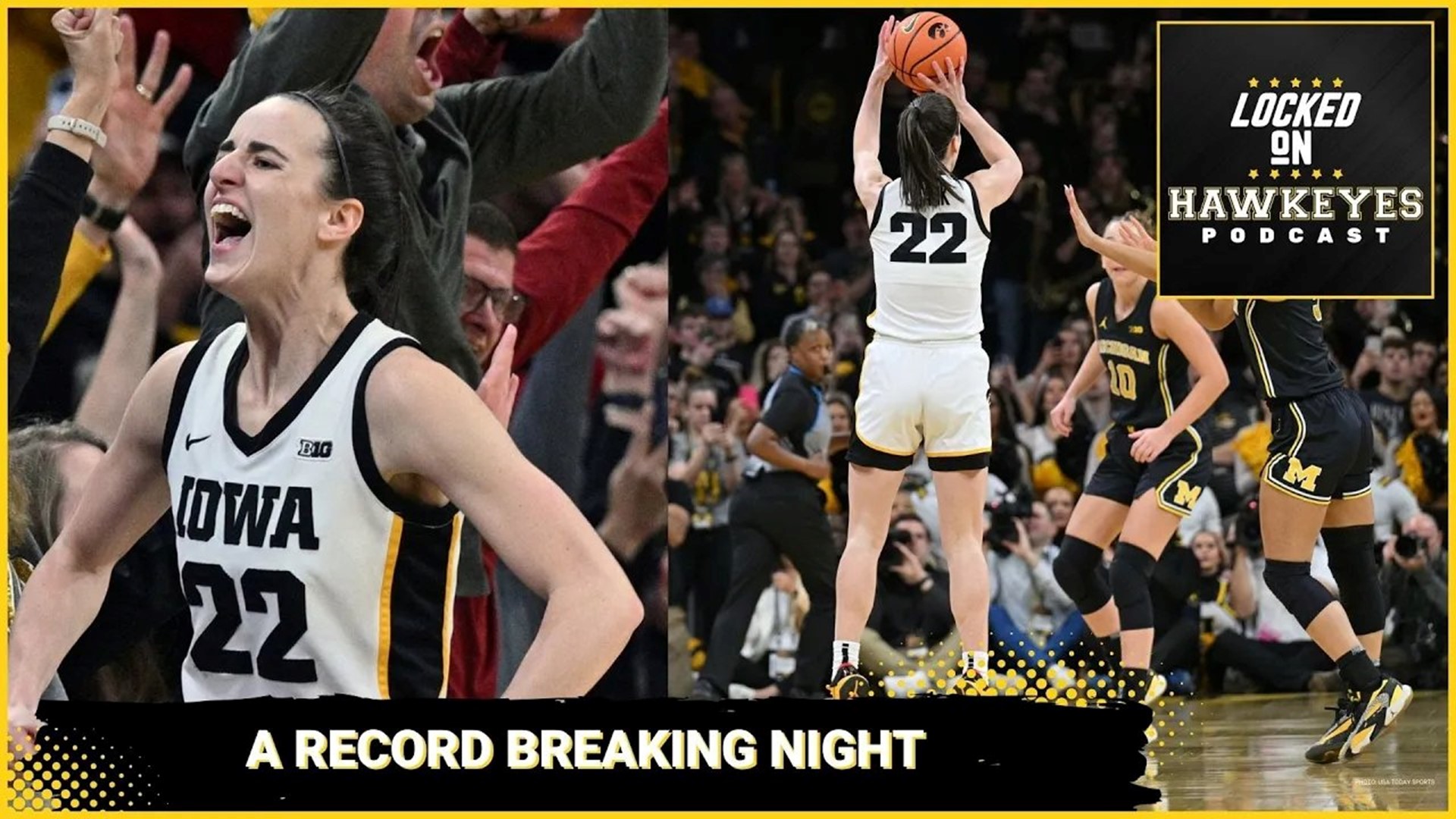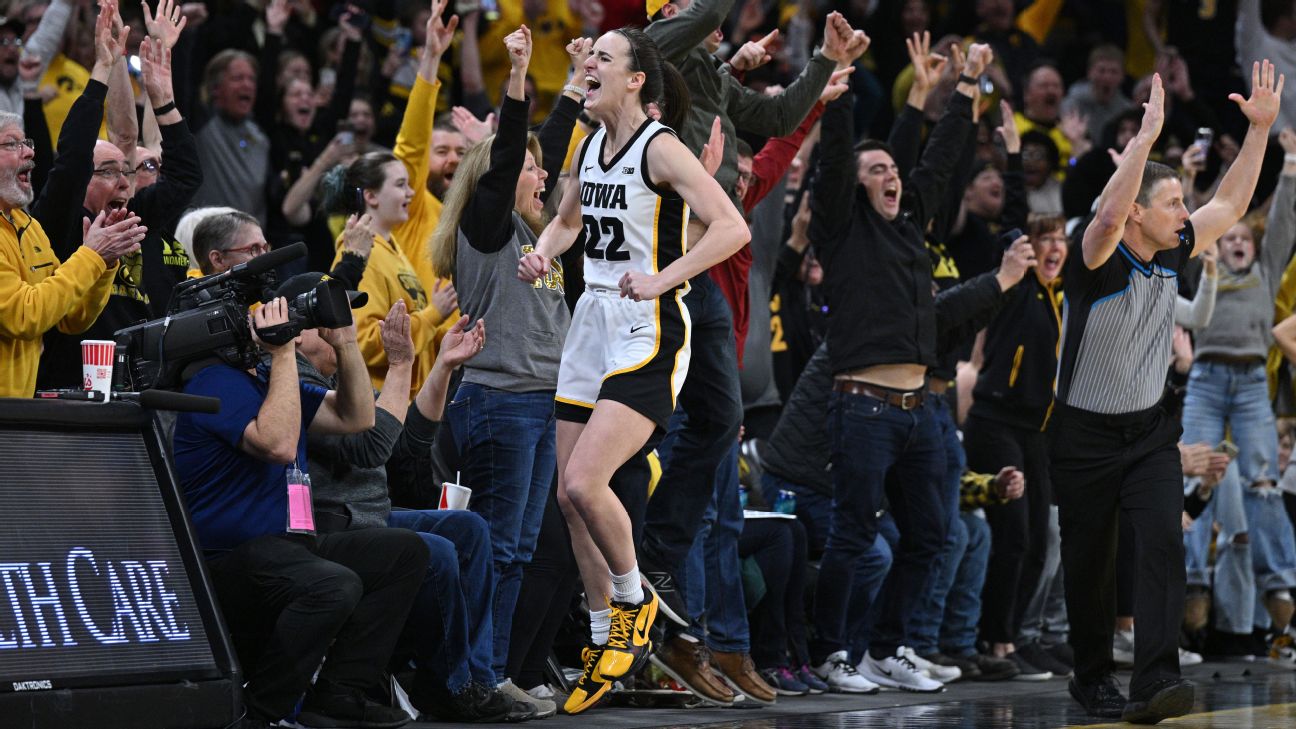The latest flashpoint involves the WNBA’s transcendent star, Caitlin Clark, and a contentious incident with the Atlanta Dream, sparking headlines that scream of personal attacks and deep-seated animosity.
The controversy, which has been amplified and distorted across social media platforms, centers on a perceived slight that has been framed in the most provocative terms possible, forcing players, fans, and the league itself to navigate a complex minefield of professional competition, media hype, and the unavoidable undercurrents of race and jealousy.

The catalyst for the most recent wave of outrage was a moment on the court during a game between Clark’s Indiana Fever and the Atlanta Dream. In the third quarter, Atlanta guard Chennedy Carter delivered a hard, blindside hip-check to Clark just before an inbounds pass. The play occurred away from the ball, was not a basketball play, and resulted in Clark being knocked to the floor.
Initially called a common foul, the league office later upgraded it to a Flagrant 1 violation upon review, acknowledging its unnecessary and excessive nature. The incident itself was a clear example of the physical welcome Clark has received in the league, but it was the aftermath that poured gasoline on the fire.
Carter was dismissive in post-game comments, refusing to answer questions about Clark, and reportedly made disparaging remarks on social media, further stoking the flames of a burgeoning rivalry and a narrative of targeted aggression.
However, the explosive allegation that a Dream owner attacked Clark, specifically with the phrase “Just a White Girl,” is a significant and misleading escalation of the actual events.
This specific quote does not appear to have originated from any of the Atlanta Dream’s owners, which include Larry Gottesdiener and former WNBA star Renee Montgomery.
Instead, this framing seems to be a conflation of the on-court physicality with a separate, highly controversial moment in the media discourse surrounding Clark.
The “white girl” phrase gained notoriety when a reporter, in a press conference with Connecticut Sun head coach Stephanie White, posed a question suggesting that Clark is being targeted specifically because she is a “white girl” in a predominantly Black league.
That reporter’s question, not a statement from an owner, injected that specific racial framing directly into the public conversation, and it has since been co-opted and repurposed by content creators and aggregators to maximize outrage and engagement.
This conflation highlights a central tension in the Caitlin Clark phenomenon. On one hand, there is a legitimate debate to be had about the nature of the physicality she is facing.
Veteran players and longtime WNBA observers argue that this is standard “welcome to the league” treatment for a highly touted rookie, akin to what legends like Michael Jordan endured.
They contend that opponents are testing her mettle, refusing to roll out the red carpet, and treating her with the same competitive fire they would any other player who receives non-stop media coverage.
From this perspective, the fouls from players like Carter and the Chicago Sky’s Angel Reese are not personal attacks but rather a form of professional gatekeeping, a message that respect in the WNBA is earned, not given. The pre-season comments from legend Diana Taurasi, who warned that “reality is coming” for Clark, are often cited as the thesis statement for this school of thought.
On the other hand, it is impossible and disingenuous to ignore the complex racial and cultural dynamics at play. Clark, a white player from Iowa, has brought an unprecedented level of attention, media rights value, and new viewership to a league that has been built and sustained for decades primarily by Black women.
This has created a palpable sense of frustration for some existing players who feel their own talent and contributions have been overlooked for years, only for a white player to suddenly be positioned as the league’s savior.
The narrative of “jealousy” is overly simplistic; it’s more a complex brew of professional pride, frustration with media narratives that have historically ignored them, and the discomfort of seeing their league’s story being rewritten around a new protagonist.
The intense focus on every hard foul against Clark, while often ignoring similar physicality between other players, feeds a perception that a different standard is being applied, further deepening the divide.
The media and social media ecosystems are acting as powerful accelerants in this volatile environment. Every hard foul is clipped, slowed down, and endlessly debated. Talk shows dedicate entire segments to dissecting the body language of players.

Algorithms reward the most inflammatory takes, pushing narratives of “hate,” “attacks,” and racial animus to the forefront because they generate clicks, views, and comments. The title that sparked this very discussion—”Atlanta Dream Owner ATTACKS Caitlin Clark AGAIN?!”—is a product of this outrage economy.
It takes a real event (a hard foul by a player), merges it with a separate controversial talking point (the racial framing from a reporter’s question), and misattributes it to an authority figure (an owner) to create a viral, must-see moment. This cycle distorts reality, turning competitive on-court moments into full-blown cultural battles.
This places the WNBA in a precarious position. The “drama” is undeniably driving business. Ticket sales are soaring, ratings are shattering records, and the league has achieved a level of mainstream cultural relevance it has never seen before.
The Clark-Carter incident dominated sports news cycles, drawing in casual fans who might not otherwise tune in. Yet, this success comes at a cost. The narrative threatens to become toxic, overshadowing the incredible basketball being played across the league every night.
It forces players into the uncomfortable position of having to constantly answer for cultural flashpoints rather than their performance on the court. It also risks alienating the league’s core, long-term fanbase, who may feel the sport they love is being hijacked by manufactured controversy.
Ultimately, the firestorm surrounding Caitlin Clark and the Atlanta Dream is about much more than a single hip-check. It is the chaotic, messy, and sometimes ugly manifestation of a league undergoing a seismic shift.

It’s about the collision of a rookie phenom with the established order, the uncomfortable but necessary conversation about race in sports, and the voracious appetite of a 24/7 media machine. The “attack” isn’t just from one player; it’s a reflection of the immense pressure being placed on Clark, her opponents, and the WNBA as a whole.
How the league, its players, and its newfound legion of fans navigate this turbulent period will determine whether this moment of unprecedented attention can be converted into sustainable, healthy growth, or if it will be consumed by the very controversies that made it so compelling in the first place.

